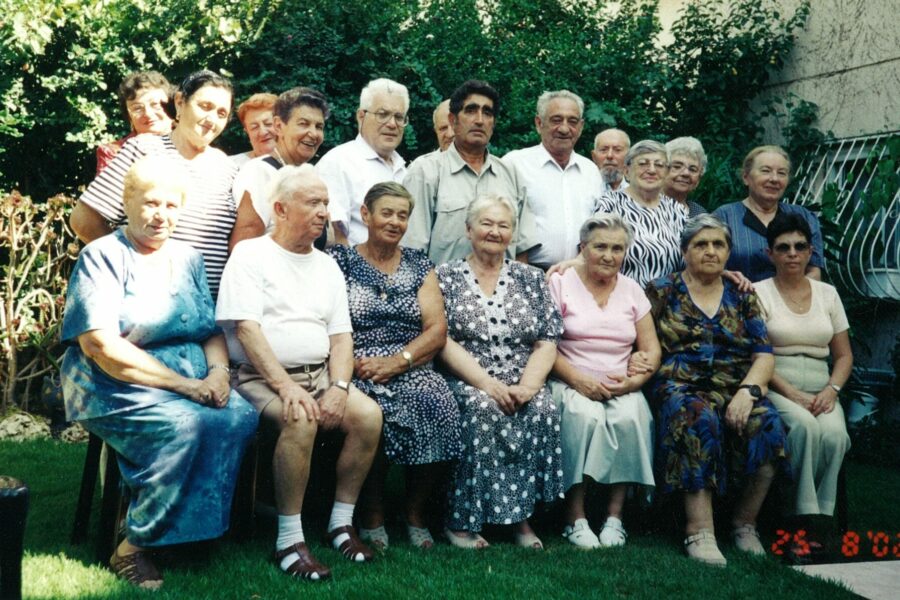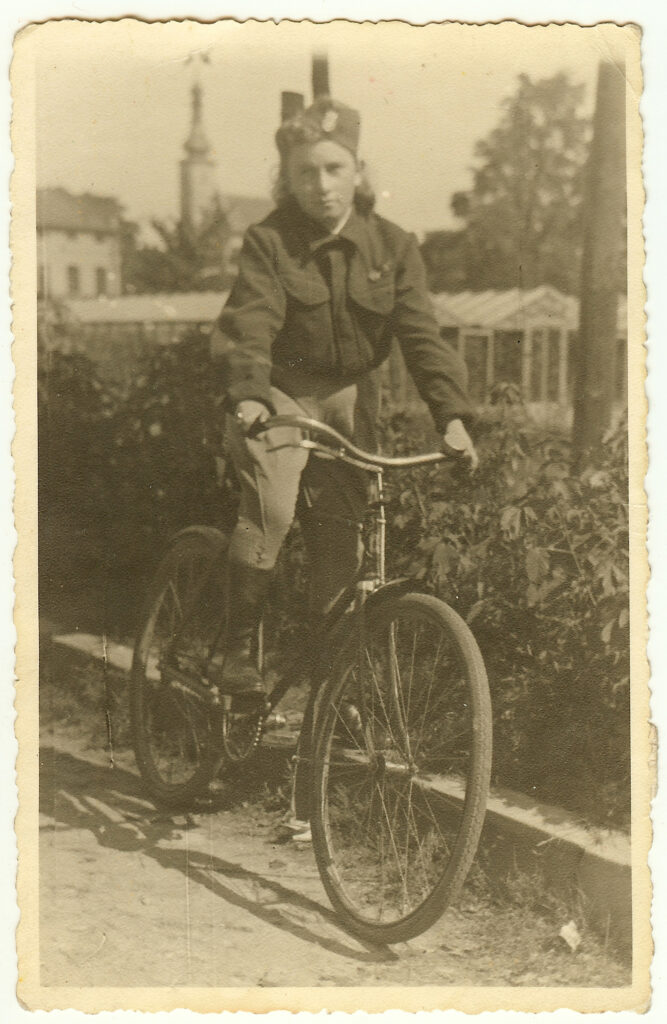Donor Bio: Renny Greenblatt (Rifka Grynblat) Kurshenbaum, was born in Warsaw, Poland in March 1924, the youngest of a large religious family. Her father owned a leather shop. Many of her older siblings left Warsaw for the United States before the war. In 1941, she married her husband Aaron Trajman, a young man from Redumska studying engineering. She had her first child with Aaron, a baby boy, Jurek. At the beginning of the war, Renny and Aaron moved between Redumska and Warsaw before the Nazis forced Aaron into a work camp. He was later sent to Auschwitz where he died. She was able to obtain false papers and posed as a Polish Catholic peasant girl and working as a laundress in Warsaw. She was not able to obtain false papers for her son and left him with family in the ghetto. The family she left her son with died in the Warsaw ghetto along with her parents, and many of her siblings. Jurek was reportedly given to a Polish woman, but Renny was never able to relocate her child. She fought in the Polish Resistance and was a part of the Warsaw Ghetto Uprising. In 1947, she immigrated to Chicago, where a number of her older siblings had settled before the war. She married and American and had three more children, twos sons and a daughter. She continued to search for Jurek for the rest of her life.






